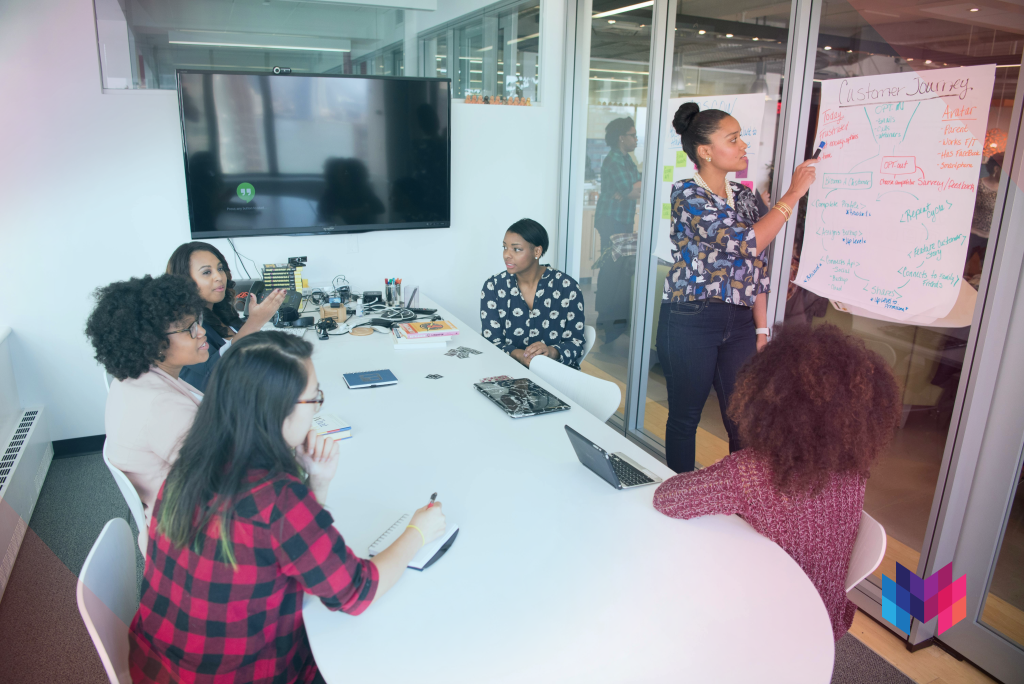Hard work is the foundation of a long, rewarding and successful career. However, you will find that the smarter you work, the easier your work will become. When you cut the small, unimportant tasks out of your day, you can save a huge amount of time and energy that you are then able to spend on the things that actually matter. We’ve put together a few tips and tricks that you can use to make your work work for you.
1. Take Care of Yourself First
In Steven Covey’s brilliant book, The 7 Habits of Highly Effective People, he uses the analogy of a woodcutter who is motoring through his work, while his saw becomes more and more blunt with each stroke. He may think he needs to keep going to get his work finished more quickly, when he could actually save on time and energy if he would just stop to sharpen his saw.
If you are sacrificing your own wellbeing in order to power through your work, you will end up hurting your health and productivity in the long run. When you are feeling fatigued, drained, unfocused, or otherwise hindered in your ability to work with efficiency and focus, force yourself to step away, sharpen your saw (however works best for you – take a power nap, go for a walk, cook a healthy meal, etc.), and return when you are working as your best self.
[inline_course_ad]
2. Delegate, Delegate, Delegate
If you are drowning in work and you have the option of passing on some of your tasks to someone else, it makes sense to lighten your load. However, this is often easier said than done. It takes courage and trust to let go of a project, especially if you tend towards perfectionism. However, it will end up saving you heaps of stress, energy and time, plus you will have the opportunity to create stronger bonds of trust with your peers as you learn that you can lean on each other when you are feeling overwhelmed.
3. Automate Where Possible
Save your time and energy for the things that matter – the more decisions you have to make, the more drained you will become. Mark Zuckerberg made the decision to wear the same outfit everyday so that he doesn’t have to put any effort into choosing his clothes – instead he uses that time and energy to work on more important things. While this is a pretty intense commitment to productivity, you can apply the principle in other areas. Cook a one-pot meal for the whole week, use banking/accounting software to set up recurring invoices and payments, and create email filters so that your inbox is automatically organised. Reduce the amount of admin that you have to do, and you will find that your day will open up.
4. Keep Your Work at Work
This is one of the best things that you can do for your health and productivity. Compartmentalising your space is essential – don’t make work a place for recreation, and keep your relaxation zones free of stress so that you can maximise your experience in each. It’s vital to be able to step away from your work and re-energise when you need to in order to avoid burnout and keep your standards up to scratch.
5. Remember the Bigger Picture
It can be all too easy to get wrapped up in the small details, especially if you are a perfectionist or your work has a creative aspect. If you find yourself spending an excessive amount of time on a task, take a step back and evaluate if you are wasting your time refining details that are insignificant in the grand scheme of things. If you are drafting a big report, it’s likely that no one will notice that you managed to choose the perfect word in the third paragraph of page 28.
6. Ask for Help
This is always harder than it seems. Especially if you consider yourself to be a great worker – asking for help can feel like cheating or showing weakness. However, you will find that not only will you end up saving time, but it will also be easier to reach out the next time you need some support or advice. One of the best ways to apply this advice is when you find yourself needing to research simple tasks or go through databases of information to find what you’re looking for. Rather than wasting time consulting the internet or searching for the answers you need, simply make a phone call or ask a co-worker what they had to do when they were in the same situation.
7. Give Yourself More (Good) Breaks
It can be all too easy to get caught up in work and forget to take your lunch break. And even if you are taking regular breaks, are you using them efficiently? Just as important as stepping away from your work when you are feeling fatigued is using your break time to properly re-energise. So many of us use our breaks to check social media and catch up on messages, which doesn’t allow for proper relaxation and refreshment – especially if you spend your work day staring at a screen. Try to spend your break time doing something relaxing and reinvigorating – do some reading, have a chat with a friend, meditate, do a quick yoga session or take a walk.
8. Invest Now to Save in the Future
One of the best things that you can do with your time, money and energy is invest them in yourself – after all, you are your own biggest resource and asset. You will never regret spending your money on anything that furthers your education, expands your skillset, and/or makes it easier for you to work more efficiently.
MasterStart offers top-class online courses in business, finance, marketing and management so that you can set yourself up for success – in whatever you do.


